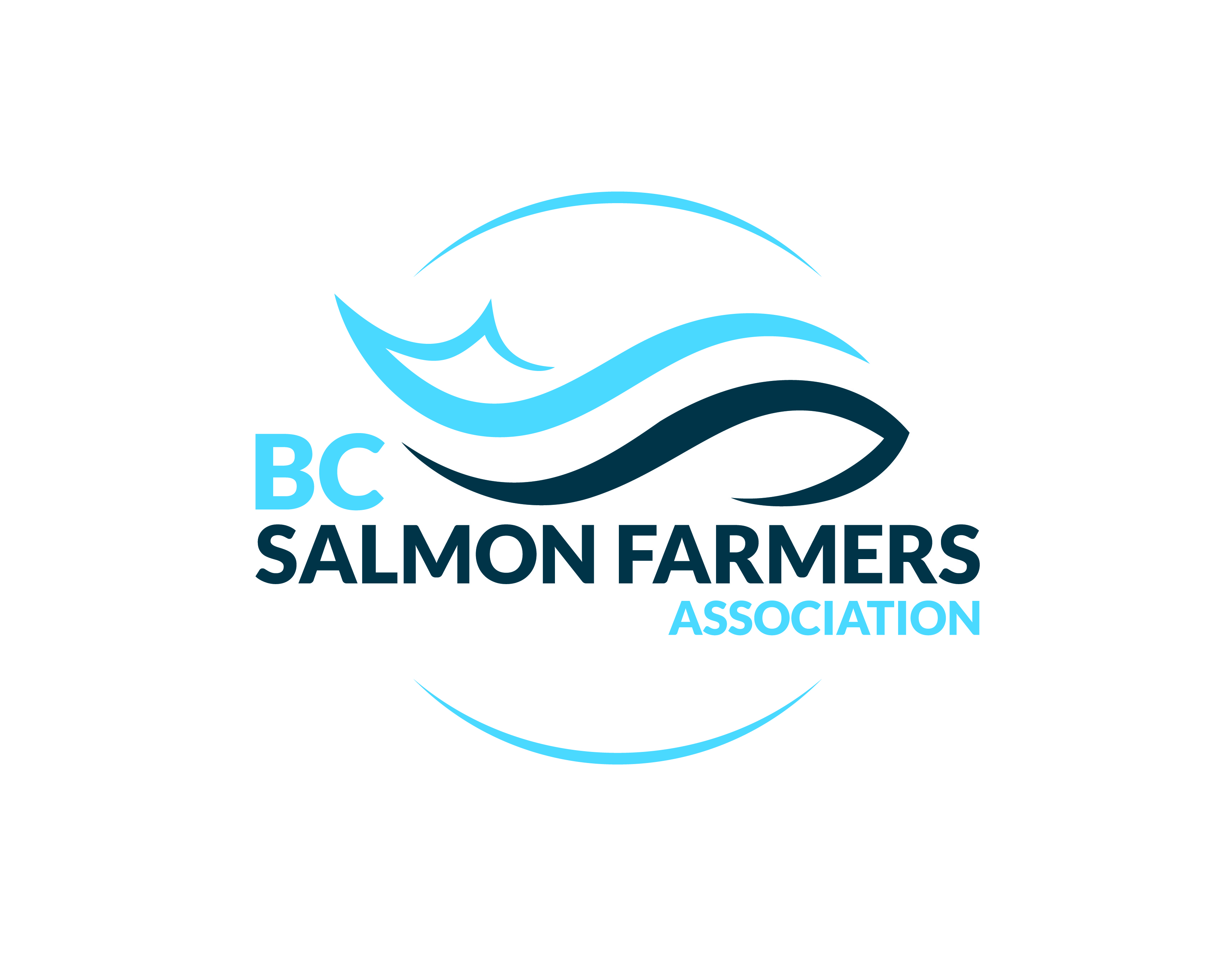Eating Salmon Can Reduce Risk of Stroke
B.C. is Still Not Eating Enough
With World Stroke Day being recognized today, British Columbians are reminded that salmon, one of the healthiest foods people can eat to reduce their risk of stroke, is available locally and fresh, year-round. A diet high in protein, especially one rich in protein from fish like salmon, can reduce the risk of stroke by 20 per cent, according to a study published in the American Academy of Neurology in June. The Heart and Stroke Foundation notes that omega-3 fatty acids can help prevent the clotting of blood which reduces the risk of stroke, and that the best sources of omega-3 fats are cold-water fish such as salmon. Omega-3s also help lower triglycerides, a type of blood fat linked to heart disease.
British Columbians, though leading the other provinces in omega-3 and fish consumption, still eat just over half the twice weekly recommended amount of fish in Canada’s Food Guide, according to a recent study by the Canadian Aquaculture Industry Alliance. This study also reports that salmon is the most popular fish in the province, with 88% of B.C. respondents indicating that they eat salmon. On World Stroke Day, British Columbians are reminded that eating salmon can help reduce your risk of stroke, and local, farm-raised salmon is available fresh, 365 days a year in B.C.
-30-
About the BCSFA
Farm-raised salmon is B.C.’s highest-valued agricultural export with almost $300-million in value exported each year. Salmon farming in B.C. provides 6,000 direct and indirect jobs while contributing over $800-million annually to the provincial economy. The BCSFA represents the province’s vibrant salmon farming industry through its members – salmon farm companies and the businesses that proudly provide services and supplies to B.C.’s salmon farmers.
For more information visit BCSalmonFarmers.ca
For more information:
Jeremy Dunn
BC Salmon Farmers Association
Jeremy@bcsalmonfarmers.ca
604-202-2147



